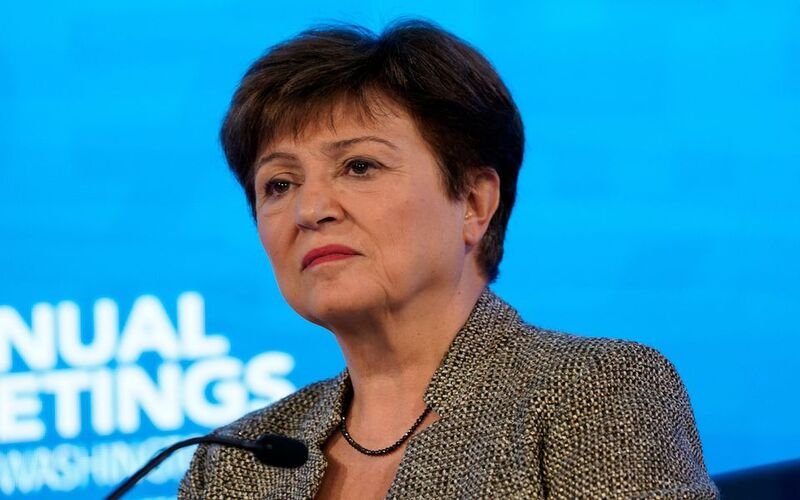Managing Director Kristalina Georgieva told Reuters that the IMF and World Bank will decide on Monday whether to hold their annual meetings in October in earthquake-stricken Morocco following a “thorough review” of the country’s readiness to host.
In an exclusive interview, Georgieva said the IMF’s new Resilience and Sustainability Trust has agreed to lend Morocco $1.3 billion to strengthen its climate-related disaster resilience.
Morocco’s selection as the host country for the 2023 IMF and World Bank meetings is a testament to its rising prominence on the global stage. Nestled at the crossroads of Africa and Europe, Morocco’s geopolitical significance has been on the ascent. Its stable political environment, robust infrastructure, and commitment to economic reform have made it an attractive choice for hosting this prestigious event.
The IMF, or International Monetary Fund, is pivotal in maintaining global financial stability. It provides financial assistance to countries facing balance of payments problems, facilitating international trade and economic growth. Additionally, the IMF monitors global economic trends and offers policy advice to member nations, fostering fiscal responsibility.
The World Bank, on the other hand, is dedicated to eradicating poverty and promoting sustainable development. Through funding projects that enhance infrastructure, education, healthcare, and more, the World Bank contributes significantly to improving living conditions in developing nations.
Key Agendas for the 2023 Meetings
1. Addressing Global Economic Challenges
The 2023 meetings will see world leaders and financial experts converge to discuss pressing economic challenges. These include rising inflation rates, supply chain disruptions, and the need for sustainable economic recovery post-pandemic.
2. Climate Finance and Sustainability
The IMF and World Bank meetings will spotlight climate finance as the world grapples with climate change. Discussions will focus on funding strategies for green initiatives, renewable energy, and sustainable practices, all crucial in mitigating the climate crisis.
3. Digital Transformation and Innovation
The digital era has ushered in new economic paradigms. To stay relevant, nations must embrace digital transformation and innovation. The meetings will delve into strategies for fostering digital economies and ensuring equitable access to technology.
4. Global Trade and Geopolitical Stability
With trade tensions and geopolitical uncertainties rising, the meetings will serve as a platform for dialogue and negotiation. Leaders will seek to find common ground and foster global economic stability.
The decisions and agreements made at the IMF and World Bank meetings ripple worldwide. Countries attending these gatherings gain insights into best practices, secure financial support, and forge partnerships that can help fuel their economic growth. Conversely, decisions made here can have profound consequences for global markets, affecting everything from exchange rates to commodity prices.
The 2023 IMF and World Bank meetings in Morocco are poised to catalyze global economic change. As nations come together to address challenges, embrace sustainability, and innovate for the future, the outcomes of these meetings will undoubtedly resonate worldwide. Morocco’s role as the host signifies its growing importance in the international arena, and the world will be watching closely as leaders gather to shape the course of global finance and development.
In a rapidly evolving global landscape, these meetings serve as a beacon of hope, a platform for collaboration, and a driving force for positive change.













































Comment Template